Closed behind lines of police officers, thousands of people are wreaking havoc in Roma neighborhoods in Bulgaria "Famine is coming to more and more families in need, but there is no adequate solution to their problems yet," says Prof. Ivaylo Tarnev, chief of a clinic at Sofia’s Alexandrovska Hospital, chairman of the Minority Health Foundation and a member of the Governing Board of the National Network of Health Mediators.
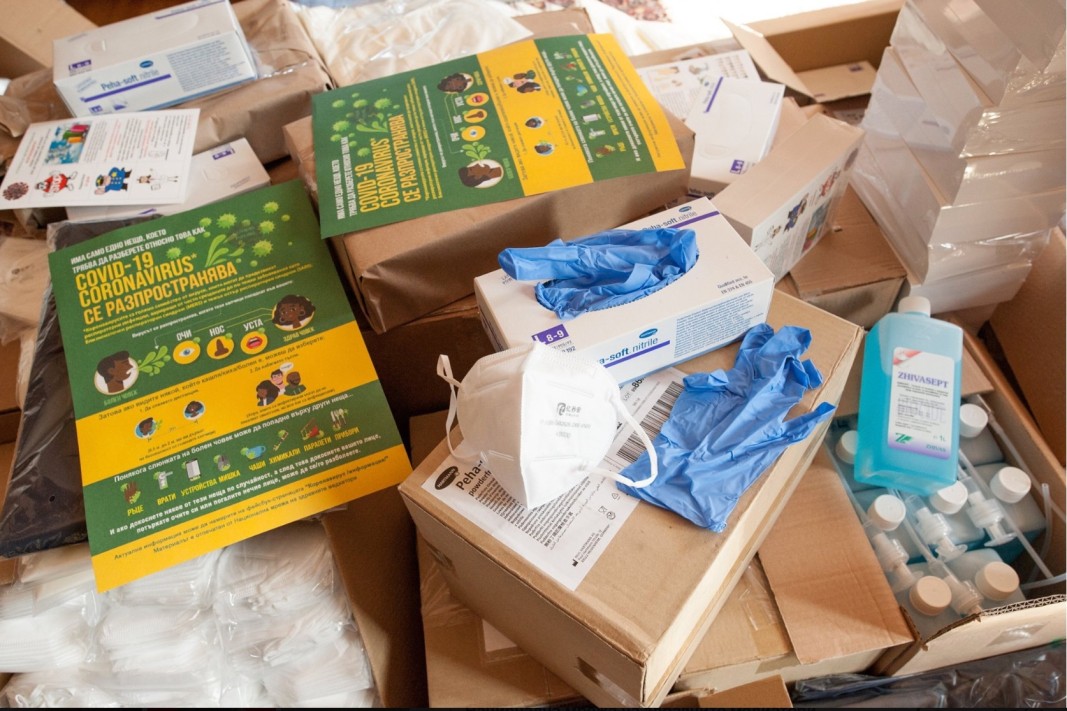
Having lost their jobs and the modest support of relatives who came back from working abroad because of the coronavirus epidemic, many Roma people rely mainly on food packages that private benefactors occasionally send to their neighbourhoods. However, they have their protectors - their fellow brothers who go around their houses day and night to tell them to keep clean, to advise them not to go out, to put their names in lists of people in need of help, to give aid, to disinfect public places, to lift their spirits. More than two hundred health mediators in 115 municipalities are doing this charitable work for a minimum wage paid by the local authorities.
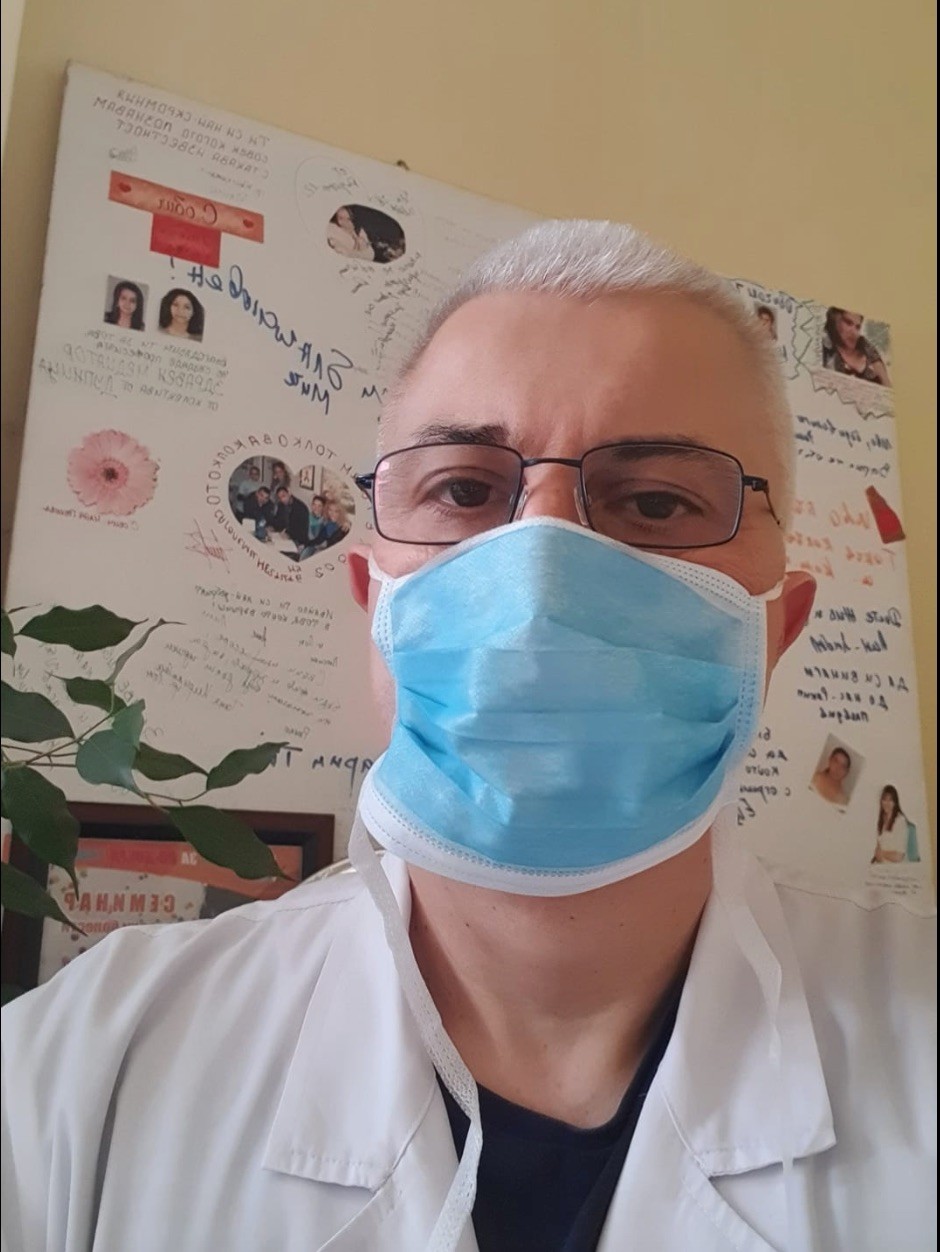 "Health mediators are on the front line," says Prof. Ivaylo Tarnev. “They meet with absolutely everyone in the community every day and literally perform a high-risk task. Imagine working in a marginalized environment of people who are hungry and desperate, who have lost the little they have, and you go and tell them, "Wash your hands and observe the hygiene regulations." They don't even have access to water or electricity."
"Health mediators are on the front line," says Prof. Ivaylo Tarnev. “They meet with absolutely everyone in the community every day and literally perform a high-risk task. Imagine working in a marginalized environment of people who are hungry and desperate, who have lost the little they have, and you go and tell them, "Wash your hands and observe the hygiene regulations." They don't even have access to water or electricity."
The empty streets in the Roma neighbourhoods and the discipline of the others under quarantine are entirely due to the health mediators who carried out the information campaign with almost no protective equipment, Prof. Tarnev believes. He insists that mediators should also receive financial assistance such as the so-called frontline medical professionals and that municipalities should support their activities and the state should supply foodstuffs to distressed families - especially in places where there are no health mediators and access to them is almost impossible.
Since the start of the state of emergency, most Roma neighbourhoods have been isolated behind police checkpoints.
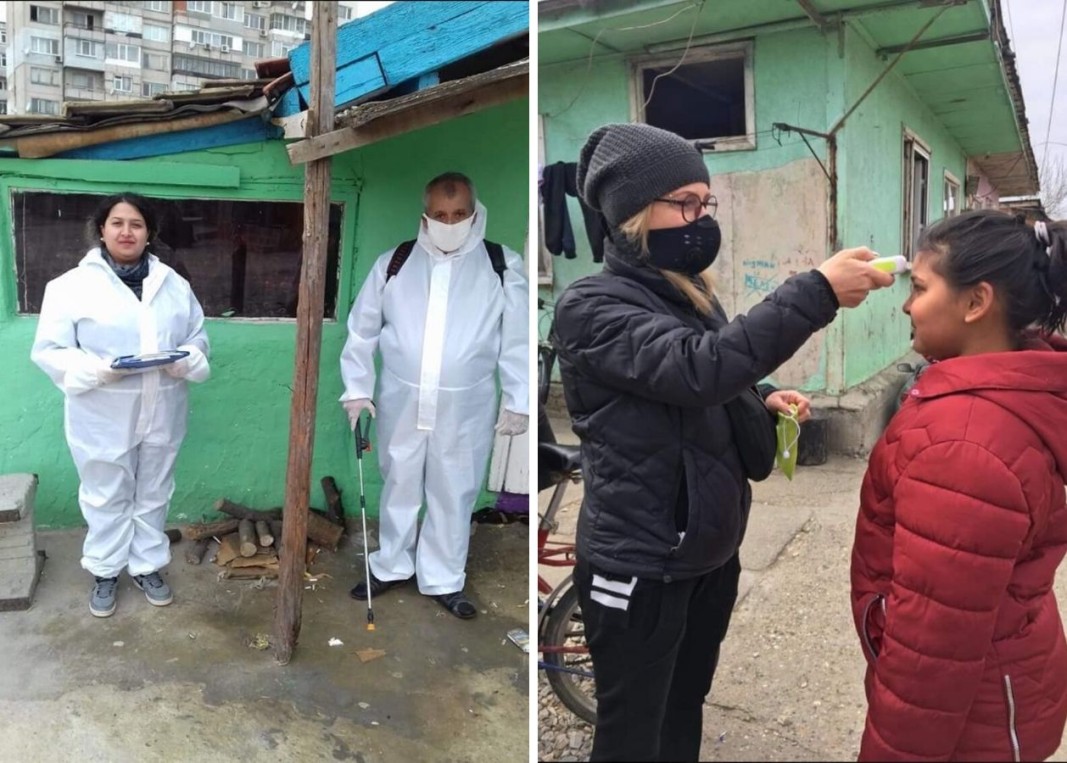
“I am very worried about these special measures for informing and assisting the residents in the Roma neighbourhoods - with the police, with disproportionately restrictive measures, with the stigmatization of the Roma, with the ethnicization of the epidemic”, says Prof. Ivaylo Tarnev. “In many places, they were implemented although the streets in the Roma quarters became empty faster even than the central Sofia streets. Thus, the mayor of Varshets issued a ban that no more than one family member could go beyond the boundaries of the Iztok Quarter, in Kazanlak all exit points of the Roma neighbourhood surrounded by a concrete wall were closed, and in Glavinitsa and other municipalities the health mediators were obliged to collect signatures from people that they were informed of the epidemic, an action that applies only to the Roma. "
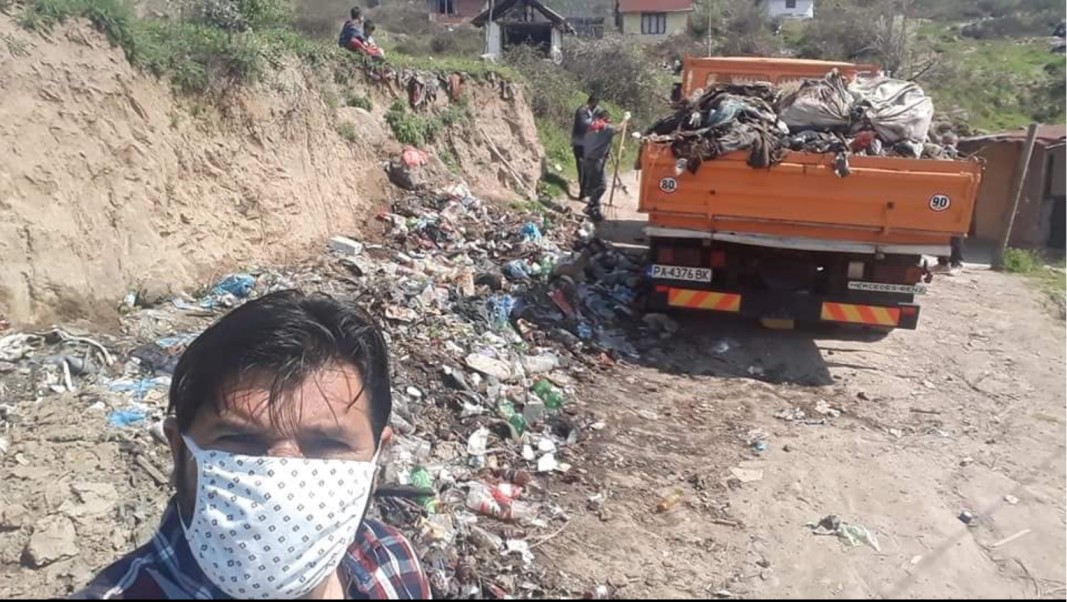
 According to the doctor, who has been touring the Roma neighbourhoods since 1993 facing "a lot of pain, a lot of misery, a lot of destitution", some of them have not changed much.
According to the doctor, who has been touring the Roma neighbourhoods since 1993 facing "a lot of pain, a lot of misery, a lot of destitution", some of them have not changed much.
“The last sight that I cannot forget are the images of the children from Nikolaevo living in pernicious misery”, says Prof. Ivaylo Tarnev. “The Roma community in the town is currently in distress and the municipality needs to make greater efforts to help families. No one will believe that the images of these extremely poor, marginalized people come from a European country. Such images can only be seen in Africa - I say it with full responsibility. ”
One day, when the epidemic is gone, the professor hopes that we will all become more humane. He says to himself that he is a collector of goodness – of those touching stories he wants to tell others. Like the story of the health mediator Dimitar Milanov from the small town of Tran, who sits on a sewing machine in his home every evening to sew masks for his fellow citizens from the Roma neighbourhoods.
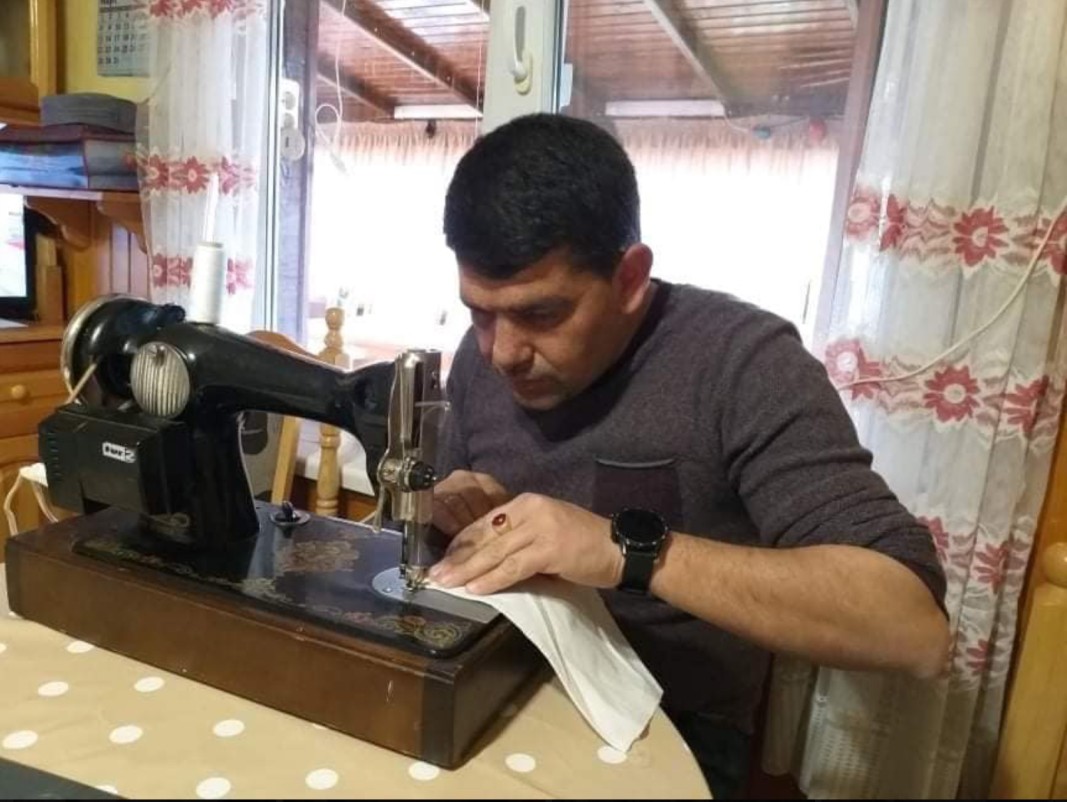
English Rossitsa Petcova
Photos: private libraryBulgaria is increasingly becoming part of the general trend and dynamics of European citizens changing their location. There are no inhospitable European countries, rather it is a matter of policies and different interests of the..
The 10 main risks are facing the country in the coming decade, shows a national expert study entitled "Ten years, ten risks for Bulgaria" , BTA reports. "Deterioration of the education system" is the top risk cited by the poll. "Further..
You tell me what you have on your table so I can tell you what you are celebrating. This is a joking way of looking at the Bulgarian calendar of holidays from ancient times to the present day. The truth is that holiday meals have always been a very..
Autism spectrum disorders are growing exponentially around the world. Bulgaria is no exception. While more than a decade ago, one in 10,000 children..
You tell me what you have on your table so I can tell you what you are celebrating. This is a joking way of looking at the Bulgarian calendar of holidays..
The 10 main risks are facing the country in the coming decade, shows a national expert study entitled "Ten years, ten risks for Bulgaria" , BTA reports...

+359 2 9336 661
